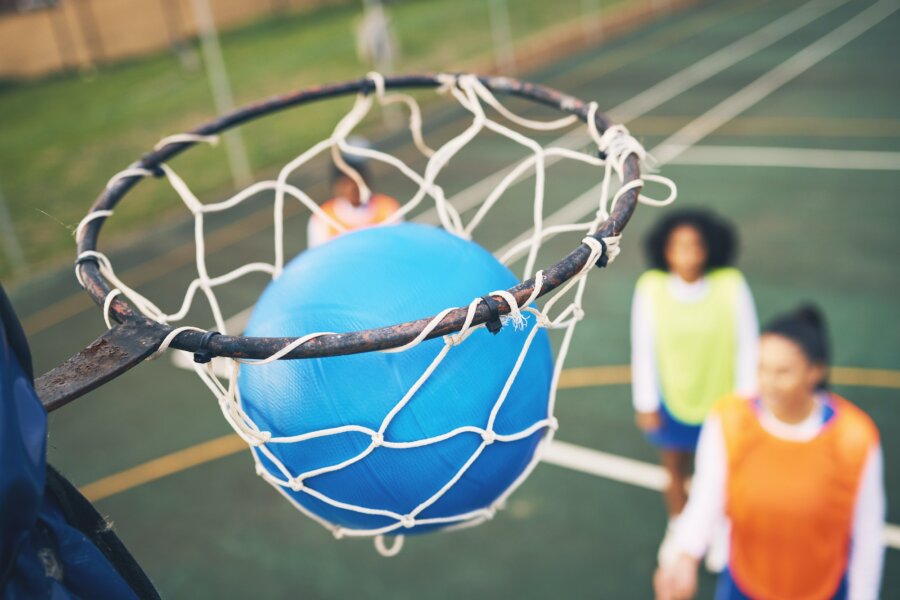Understanding the Rules of Netball
Rules are essential when learning how to play netball. Netball is played on a rectangular court with two teams of seven players each. The objective of the game is to score goals by shooting the ball through a hoop, which is located at each end of the court. Players can move the ball around the court by passing it to their teammates, but they are not allowed to run with the ball.
Rules to note as you learn how to play netball include.
- The ball must be passed within three seconds of receiving it.
- Players can only hold the ball for three seconds before they must pass or shoot it.
- Players are not allowed to contact each other on the court.

